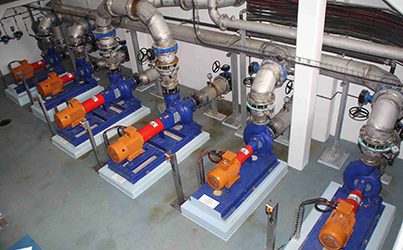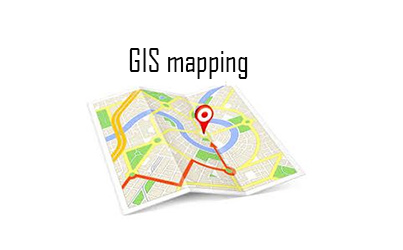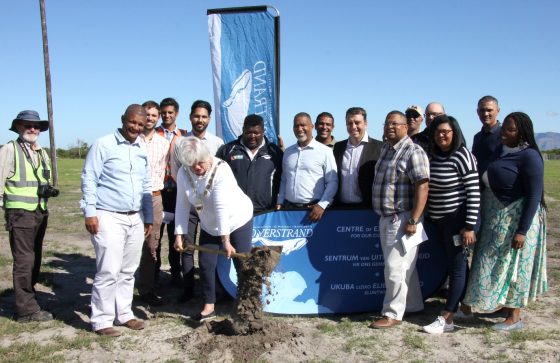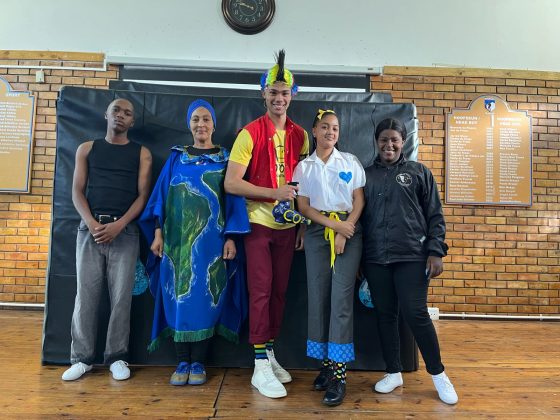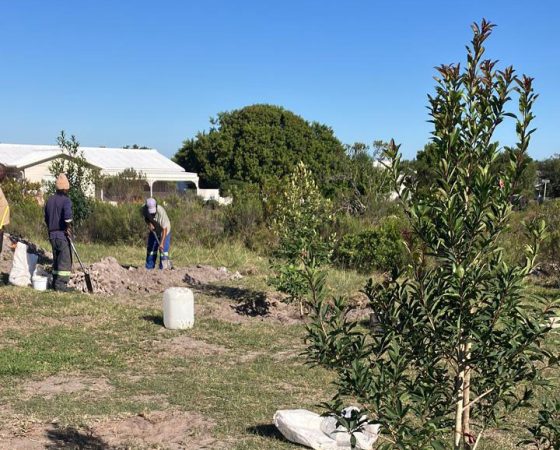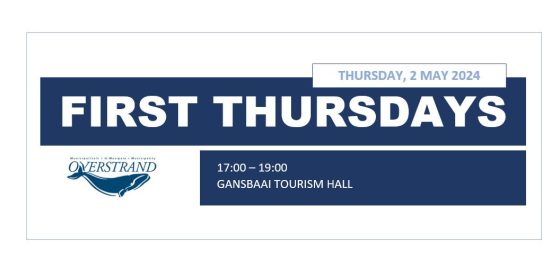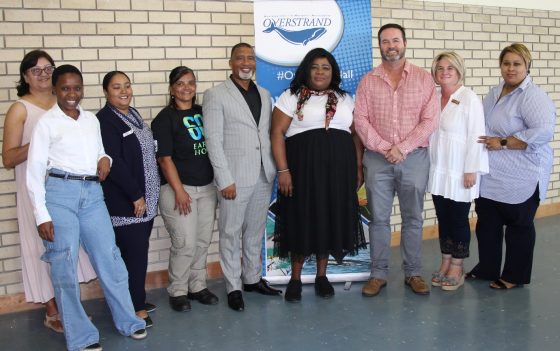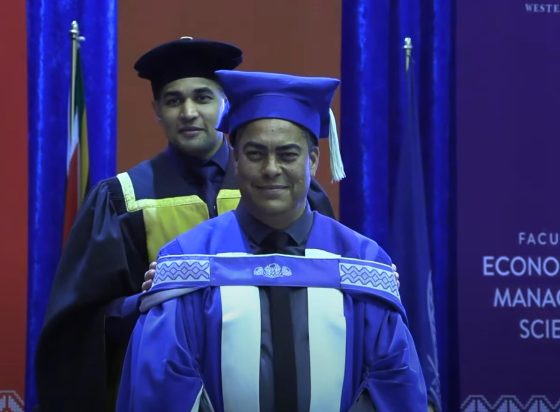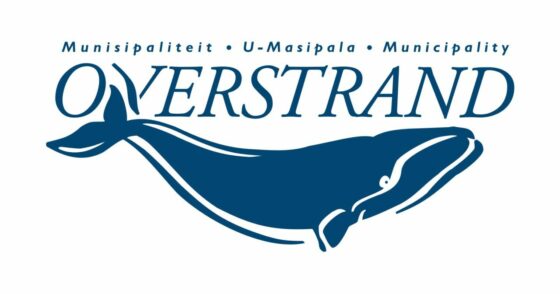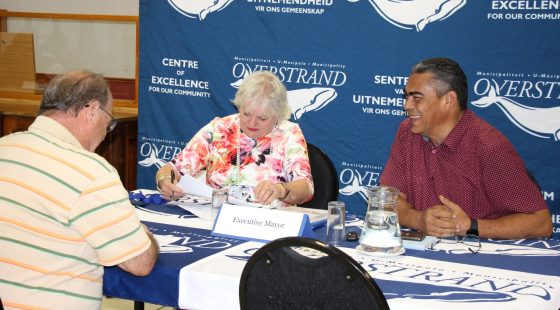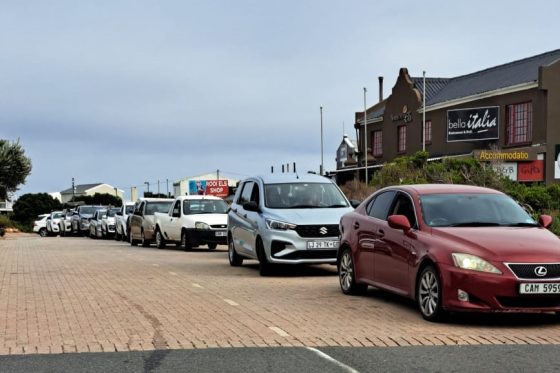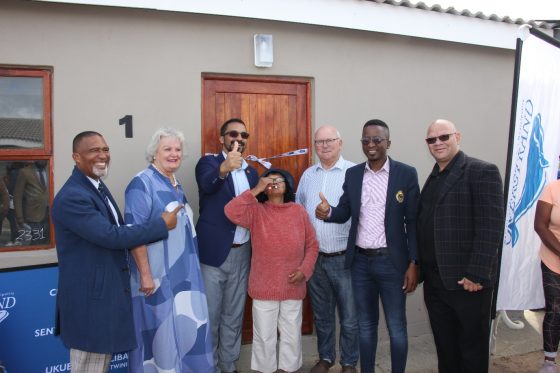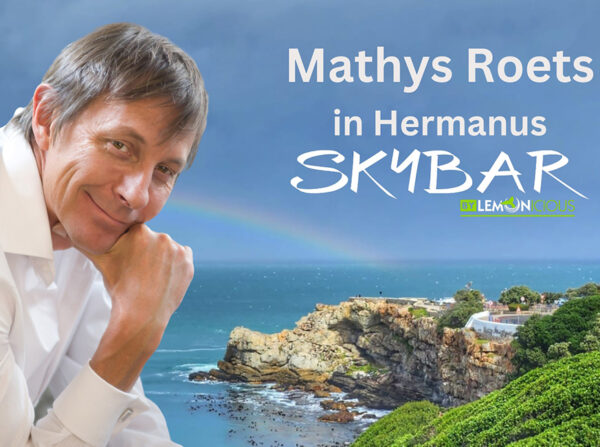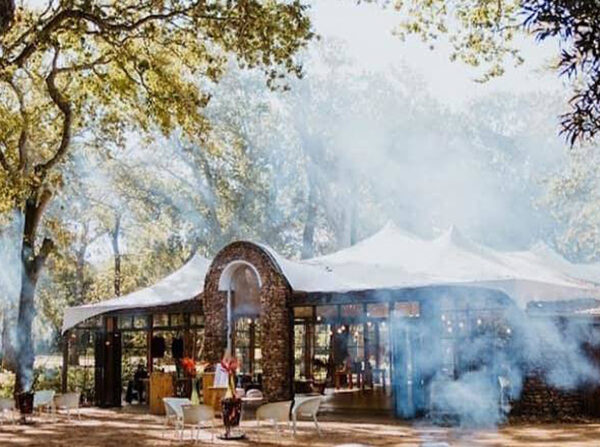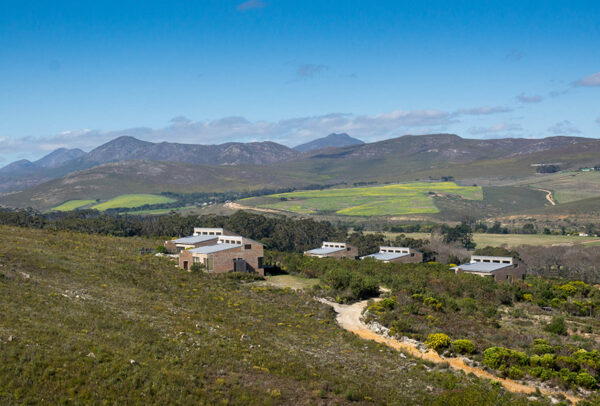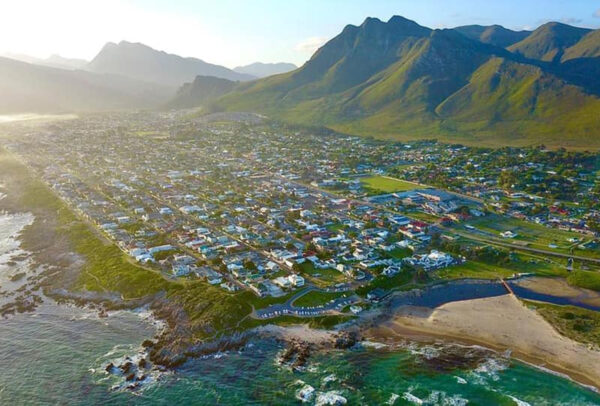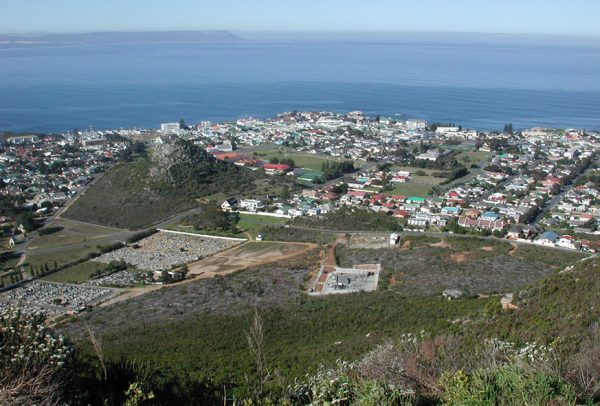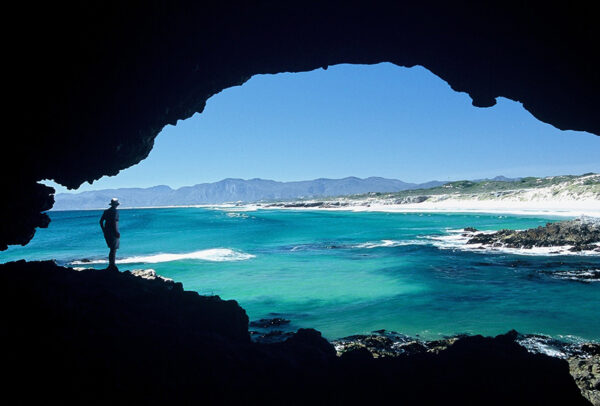- Home
- About Us
- Documents
- Archive
- Advertisement
- Agreements
- Annual and Oversight Reports
- Budget
- Bylaws
- Financial Reports
- Forms
- Legal
- Integrated Development Plan (IDP)
- Meetings: Agendas and Minutes
- Notices
- Performance Management
- Procedures, guidelines, and regulations
- Property Valuations
- Reports and Statistics
- Service Delivery and Budget Implementation Plan (SDBIP)
- Strategies, Plans and Frameworks
- Policies
- Projects
- Supply Chain Management
- Town & Spatial Planning
- Surveys
- Electricity
- MEDIA
- Contact



Who We Are
Local government is the engine of basic service delivery. Municipalities are charged, among other things, with ensuring the provision of basic municipal services (i.e. water, sanitation, refuse removal, electricity and municipal roads) to communities in a sustainable manner, promoting social and economic development, as well as a safe and healthy environment.
Overstrand Municipality is situated in the Overberg District of the Western Cape Province and covers the areas of Hangklip-Kleinmond, Greater Hermanus, Stanford and Greater Gansbaai. The administrative head office of the Municipality is situated in Hermanus.
We strive to be professional and transparent in our dealings, and to maintain the highest possible service standards.
MUNICIPAL SERVICES
Answers to all your questions
Let’s explore local services,
programs & initiatives.
Latest News
We like to keep you informed about updates, documents under review, events and services
Our Online
Services & Resources
Overstrand Municipality providing a wide range of online services to residents.
MUNICIPAL GREEN ECONOMY
Outsourcing operations & maintenance of bulk water services infrastructure
in the Overstrand
region covers
directly elected councillor.
Audit
Get the Overstrand Citizen App
Use our application to stay informated about news purposes get updates assistance!
Overstrand Collab Citizen App FAQ
You have Questions, We have Answers
Municipal Events & Meetings
What's going to happen in the Overstrand in the upcoming days. Don't miss anything.
Explore the Magical Overstrand Region
Overstrand Municipalities Contact Info
Kleinmond Municipal Office
33 5th Avenue, Private Bag X3, Kleinmond, 7195
Stanford Municipal Office
17 Queen Victoria Street P.O Box 84, Stanford, 7210
Gansbaai Municipal Office
Main Road, Gansbaai P.O Box 26, Gansbaai, 7220

Mon – Fri: 07:45 – 13:00 & 13:45 – 16:30
Cashiers: 08:00 -13:00 & 13:45 – 15:00

Mon – Fri: 8:00 am – 16:30 pm
Magnolia Street, Hermanus 7200
P.O Box 20, Hermanus 7200
